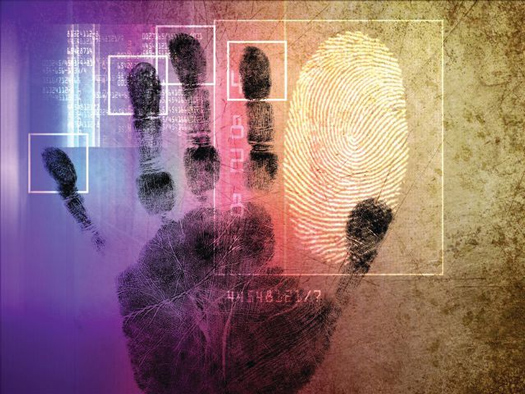How Criminal Records Hurt Everyone In A Family
By Nisa Islam Muhammad -Staff Writer- | Last updated: Jan 6, 2016 - 2:04:29 PMWhat's your opinion on this article?

|
WASHINGTON—Allison Williams (name changed) and her three children are completely innocent of the drug charges that sent her husband to prison for seven years. But for their family, even though Douglas has paid his debt to society, they are also paying a price as if they were guilty too.
“This man has totally changed his life but does anyone care? All they see is a felony on his record and we continue to suffer. When is it enough?” she asked The Final Call.
“We can’t get subsidized housing because of his record. He can’t get a good job because of his record. He can’t go to college and get financial aid because of his record. This list goes on and on. I could do better for my children if I leave him but that’s not happening. I see what he goes through and I’m totally committed to him because every day he goes out trying to do something for his family.”

|
“Given the growing bipartisan momentum in support of criminal justice reform, now is the time to find common ground and enact solutions to ensure that a criminal record does not consign an individual—or his or her children and family—to a life of poverty,” said Rebecca Vallas, director of Policy for the Poverty to Prosperity Program at Center for American Progress and lead author of a new report “Removing Barriers to Opportunity for Parents With Criminal Records and Their Children: A Two-Generation Approach.”
“Given the staggering share of America’s children affected by parental criminal records, we ignore the intergenerational consequences at our peril,” the researchers warned.
The report looks at the intergenerational effects of criminal records and offers policy recommendations that help parents with criminal records and their children by addressing the barriers to opportunity associated with having even a minor criminal record.
It explores the intergenerational effects of criminal records through five pillars of family well-being:
Income. Parents with criminal records have lower earning potential, as they often face major obstacles to securing employment and receiving public assistance.
Savings and assets. Mounting criminal justice debts and unaffordable child support arrears severely limit families’ ability to save for the future and can trap them in a cycle of debt.
Education. Parents with criminal records face barriers to education and training opportunities that would increase their chances of finding well-paying jobs and better equip them to support their families.
Housing. Barriers to public as well as private housing for parents with criminal records can lead to housing instability and make family reunification difficult if not impossible.
Family strength and stability. Financial and emotional stressors associated with parental criminal records often pose challenges in maintaining healthy relationships and family stability.
“A child’s life chances are strongly tied to his or her circumstances during childhood. The barriers associated with a parent’s criminal record may not only affect family stability and economic security in the short term but also may damage a child’s long-term well-being and outcomes,” said Melissa Boteach, vice president of the Poverty to Prosperity Program at the Center for American Progress and co-author of the report.
“Having even a minor criminal record can be a life sentence to poverty, especially and unfortunately for men in communities of color, who are doubly and triply affected over their White counterparts, with collateral consequences for their children as well. We must address the barriers to opportunity associated with having a criminal record, and there’s no better time than now,” she said.
For Mr. Williams each day is a struggle to just stay motivated.
“I’m doing my part. I’m done with drugs, changed my friends, moved across downtown and have all kinds of certificates from taking classes and workshops but I have a minimum wage job,” he said. “I made a mistake and now my family has to live with the consequences even though I did my time. It’s not fair. I deserve opportunities like everybody else but I can’t get them because all people see is my record.”
INSIDE STORIES AND REVIEWS
-
-
About Harriett ... and the Negro Hollywood Road Show
By Rabiah Muhammad, Guest Columnist » Full Story -
Skepticism greets Jay-Z, NFL talk of inspiring change
By Bryan 18X Crawford and Richard B. Muhammad The Final Call Newspaper @TheFinalCall » Full Story -
The painful problem of Black girls and suicide
By Charlene Muhammad -National Correspondent- » Full Story -
Exploitation of Innocence - Report: Perceptions, policies hurting Black girls
By Charlene Muhammad -National Correspondent- » Full Story -
Big Ballin: Big ideas fuel a father’s Big Baller Brand and brash business sense
By Bryan Crawford -Contributing Writer- » Full Story






 Click Here Stay Connected!
Click Here Stay Connected!








